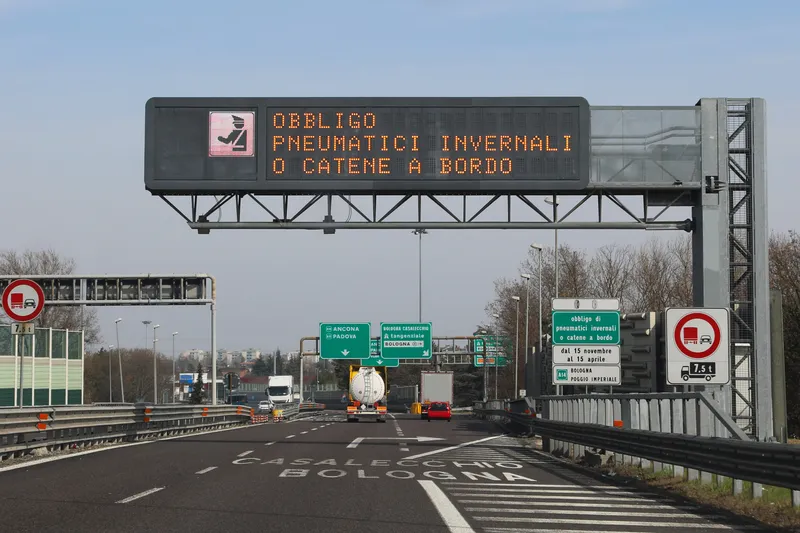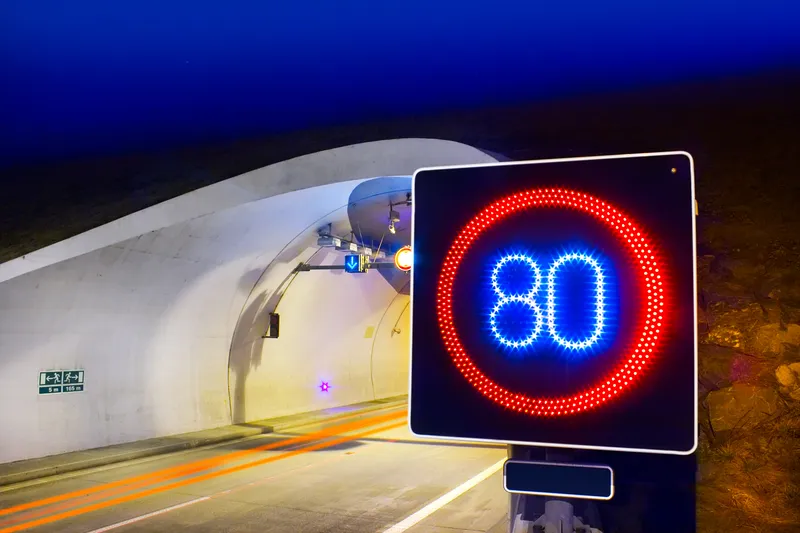
Six international organisations are cooperating further on delivering standardised safety-related traffic information for drivers in Europe.
Traveller Information Services Association (Tisa), Datex II, Car 2 Car Communication Consortium, Data For Road Safety (DFRS) ecosystem, Napcore and C-Roads have got together to improve harmonisation of message sets for safety-related traffic information (SRTI), addressing the EU Delegated Regulation 886/2013 (Priority Action c of the European ITS Directive 2020/40/EU).
In 2013, Tisa and Datex II came up with the first proposal for harmonised message sets in TPEG2 (ISO IS/TS 21219), TMC (ISO EN 14819-2) and DATEX II (CET/TS 16157) format, responding to Delegated Regulation 886/2013.
"More and more ITS standards can now support the delivery of SRTI messages to drivers across Europe in various channels," says Tisa chairwoman Stephanie Leonard from TomTom. "This collaboration agreement will help move everyone forward in a consistent and harmonised pace."
A new document offers recommendations on how to apply various standards for providing data and services on the eight SRTI event categories through as many delivery channels as possible.
Car 2 Car Communication Consortium provides message sets in the DENM (ETSI EN 302 637-3) format, as well as Data for Road Safety ecosystem, supporting SRTI data sharing from vehicles and mobile apps in Europe.
“This new cooperation enables a holistic and multifaceted way of sharing data for road safety purposes," says Joost Vantomme, chair of DFRS and CEO of Ertico-ITS Europe. "Vehicle manufacturers, suppliers, service providers, road authorities and other public authorities work hand in hand to make our European roads safer."
The new collaboration establishes a governance structure to ensure efficient partnership with the aim of working continuously towards interoperability and harmonisation between standards, with regular publication of work updates.
"Joining forces of some of the most relevant organisations in the standardisation, provision and exchange of mobility data in Europe on the important domain of road safety-related data will enable the continued, sustainable evolvement of services warning drivers of hazardous road conditions” says Timo Hoffmann, general secretary of Napcore.
"Travellers will be warned about safety issues on their trip via different communication channels in parallel, which raises the awareness of safety critical traffic situations and increases road safety all across Europe,” adds Martin Böhm, secretary general of the C-Roads Platform.









